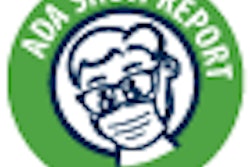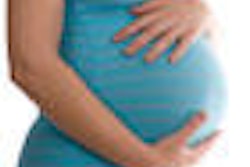The University of Illinois at Chicago (UIC) has received $14.2 million from the National Cancer Institute to study how mass media and also tax and pricing affect tobacco use and behavior.
The two five-year studies, to be conducted by researchers from UIC's Institute for Health Research and Policy, build on previous tobacco research conducted by the institute to better understand what factors influence smoking behaviors.
In one study, senior research scientist Sherry Emery, PhD, MBA, and colleagues will measure the extent to which people are exposed to, search for, and exchange both pro- and antitobacco information in mass media, how these activities are related to one another, and how these actions are related to smoking behavior, beliefs, and attitudes.
In evaluating pro- and antitobacco information, the researchers will use existing data to assess passive exposure to television advertisements, banner ads that pop up on the Internet, and sponsored text messaging; what people actively search for on the Internet; and what people exchange via social media, such as Facebook, Twitter, and YouTube.
"The hypothesis is that if you're exposed to, for example, an ad that says you should quit smoking, your level of engagement with that information will be substantially lower than if you actively search the Internet for ways to quit smoking; in turn, engagement will be even greater if you share your experience with quitting via social media," said Emery, principal investigator of the $7.2 million NCI-funded grant, in a press release.
Emery's study will also collect new data from an online survey of 15,000 people in the top 75 U.S. media markets to obtain estimates of people's behavior and their consumption of pro- and antitobacco information from a variety of mass media, as well as smoking behavior information and demographics.
The tobacco industry is prohibited from advertising on television but not from providing information about their products that can be actively searched for on the Internet, according to Emery. Watching television, while still the dominant source of information for many people, is a different behavior than it was five years ago, she added.
In the other study, Frank Chaloupka, PhD, distinguished professor of economics and director of the Health Policy Center at UIC, and colleagues will assess policies affecting retail tobacco prices over a 10-year period; evaluate the impact of price-reducing promotions on tobacco purchasing behaviors, such as choice of product and brand; and determine to what extent consumers will avoid paying tax on tobacco products by crossing county or state borders, or by purchasing online or by phone or mail order.
The study will also investigate how pricing and tax policies impact tobacco behaviors, including prevalence, frequency and intensity of use, youth uptake, cessation, and substitution among products.
"Tobacco tax increases are widely recognized as the most effective policy governments have for reducing the death, disease, and economic costs imposed by tobacco use," Chaloupka said. "Findings from this project will help to ensure that these policies are designed and implemented in a way that maximizes their effectiveness in reducing tobacco use and its consequences."
The results of the research will be disseminated to policymakers, advocates, public health practitioners, researchers, and the general public.



















